24 Nov Confronting and ending surprise health care billings
By Grant Dattilo
“Amount Due: $34,114.” [i]
This is a prime example of how today’s health care is delivered in the most consumer-unfriendly marketplace of any product or service purchased in the United States.
Paula Peterson[ii] sorted through a stack of mail she had just received. She saw one from Dr. Dotson,[iii] her Ear, Nose and Throat specialist. Paula had been seeing Dr. Dotson for three years, glad that her group health insurance network had given her access to this fine physician. Together they had searched for a solution to reduce her headaches and breathing problems.
Thinking of Dr. Dotson, she smiled and took a deep breath. She felt glad for the surgery Dr. Dotson had performed several weeks earlier. Before the surgery, she suffered debilitating headaches; breathing through her nose caused pain. She slept poorly, and had trouble keeping up at work and home.
The outpatient surgery went perfectly. In only two hours Dr. Dotson completed the procedure he had discovered and perfected. Healing took less than seven days and was relatively pain free.
Smiling, Paula pulled the envelope open and removed a billing statement. Flipping it open, her eyes went to “Amount Due.” Paula’s employer provided a PPO plan with a $2,500 deductible, so she had prepared herself for a large bill, but not this. She gasped at the amount: $34,114!
A shocked and shaken Paula immediately called her employer, who had no answer for her. The employer called us at Dattilo Consulting asking us to find out what had happened.
With a single phone call, we discovered the primary problem. The provider network for Paula’s insurance no longer included Dr. Dotson. Instead of a discounted amount, Dr. Dotson demanded full payment at the billed rate which totaled $40,228, less the $6,114 the insurance company allowed at its out-of-network rate. “Amount Due: $34,114.”
Paula had no way of paying $34,114 and besides, no one told Paula she was out-of-network.
Dr. Dotson offered to reduce Paula’s bill to $12,367, still more than $10,000 over her deductible. She stared at the possibility of bankruptcy, unless she could get a signature loan or second mortgage on her house.
We showed Dr. Dotson that had Paula been a Medicare patient, the most the doctor would have received would have been $6,864 – the Medicare reimbursement rate. Eventually, acknowledging that he had never told Paula that she was out-of-network, and perhaps concerned about negative repercussions from other patients, Dr. Dotson reduced Paula’s share of the bill to $750.
Between the payments from the insurance company and Paula, Dr. Dotson settled for the Medicare amount of $6,864. Paula still could not believe her eyes. The final amount Dr. Dotson accepted as full payment equaled 17% of the billed rate, and 100% of Medicare’s allowed amount. Dr. Dotson had billed Paula 586 percent of Medicare and then tried to collect it.
This must stop
At Dattilo Consulting, we have had other cases like Paula’s where the client is broadsided by a huge, unexpected surprise billing. That is why, in The Manual—Health Care 2020: Connecting the Dots, we advocated for a change in insurance law.
We strongly recommend that the responsibility should fall on providers to verify that a patient’s health insurance policy will cover all related expenses provided to the patient, and whether the reimbursement will be at an in-network or out-of-network rate. If the provider determines that some or all of those services are not covered under the patient’s insurance (whether in- or out-of-network), the provider should be required to disclose it to the patient in writing prior to providing care, and attested to by the patient’s signature.
Once the patient knows whether the provider is in- or out-of-network, then the patient can decide whether to move ahead with the service or find another provider who is in-network.
Paula Peterson went from intolerable headaches to the stresses caused by near-bankruptcy. Dr. Dotson meant to provide relief, and so did we at Dattilo Consulting. This, however, can be an avoidable situation if providers inform patients whether the patient’s insurance covers the care they receive, and whether they are in-network. This will result in a far better outcome for both the patient and the physician.
[i] Based on a real case, a client served by Dattilo Consulting, Inc. The names have been changed and all identification removed. Otherwise, the story is an accurate description of what happened.
[ii] Fictional name. Any relation to an actual person is coincidental.
[iii] Fictional names. Any relation to an actual physician is coincidental

